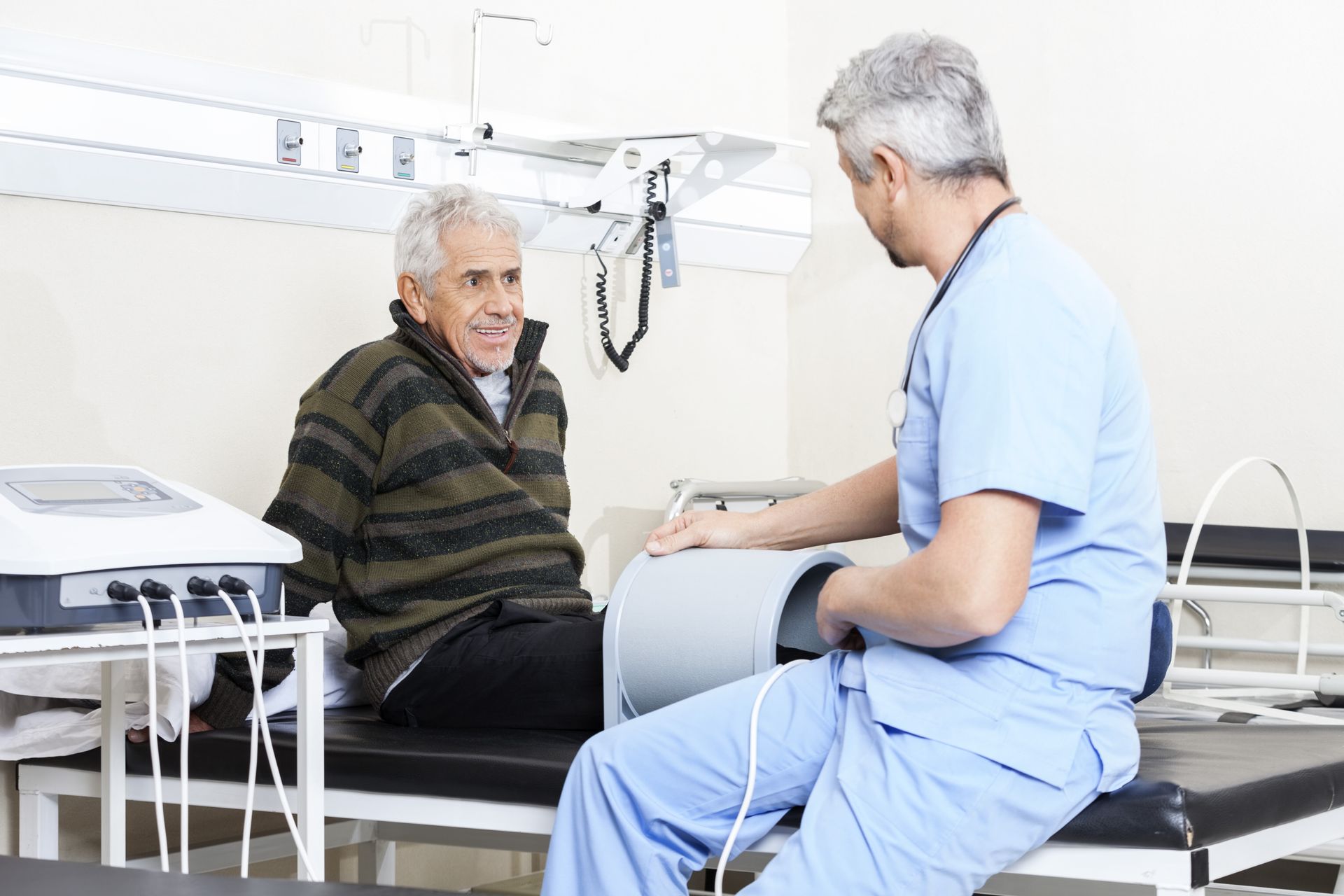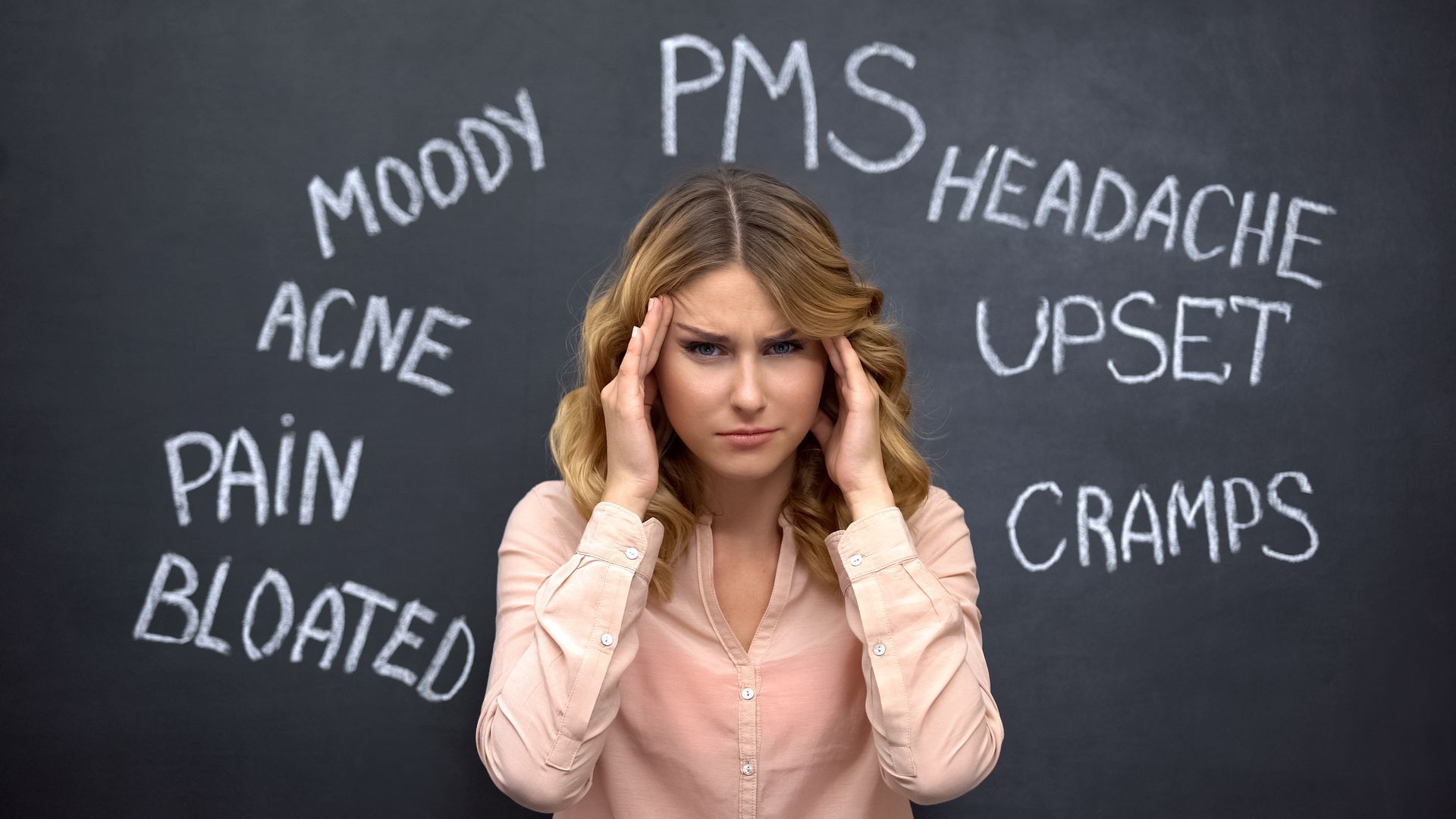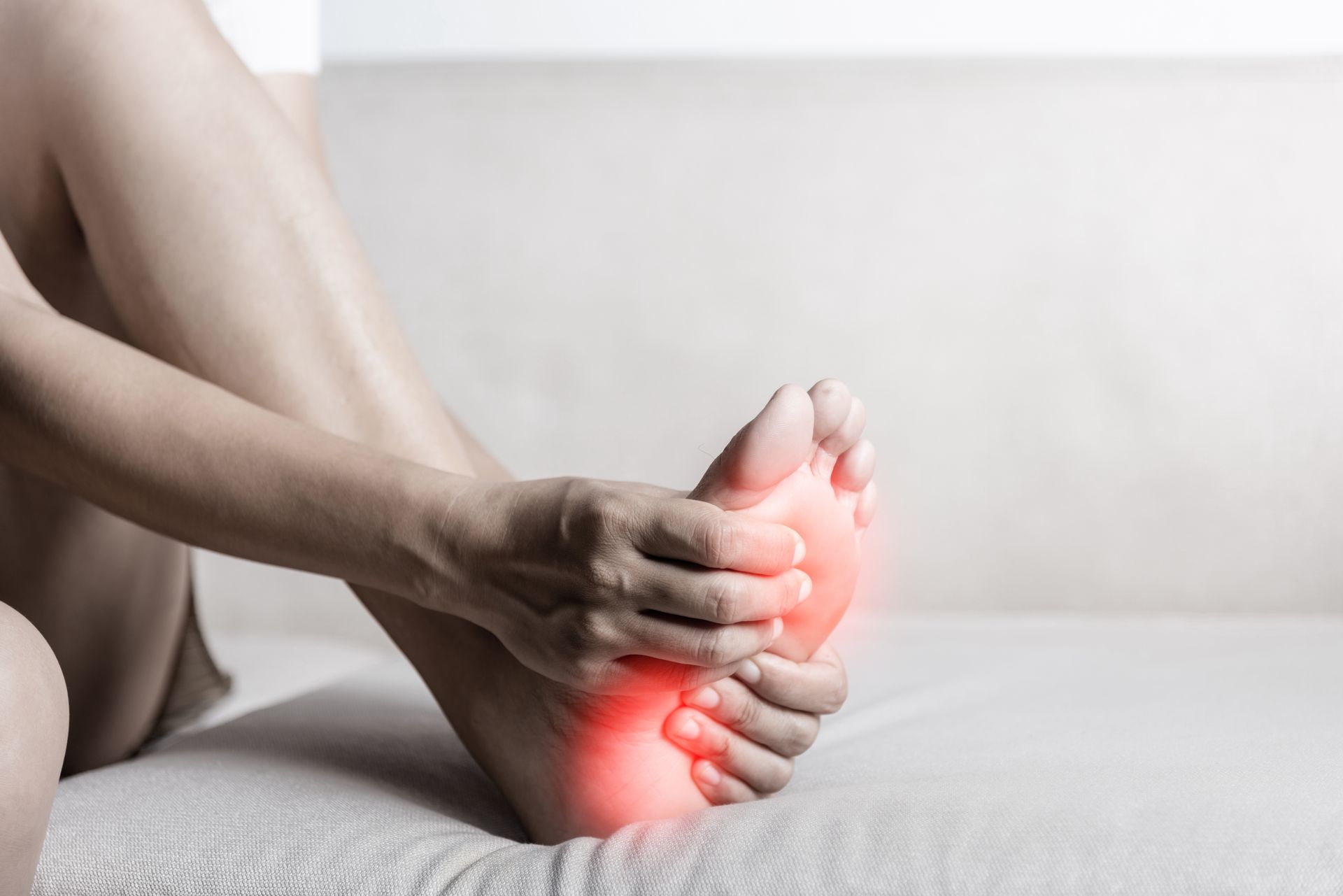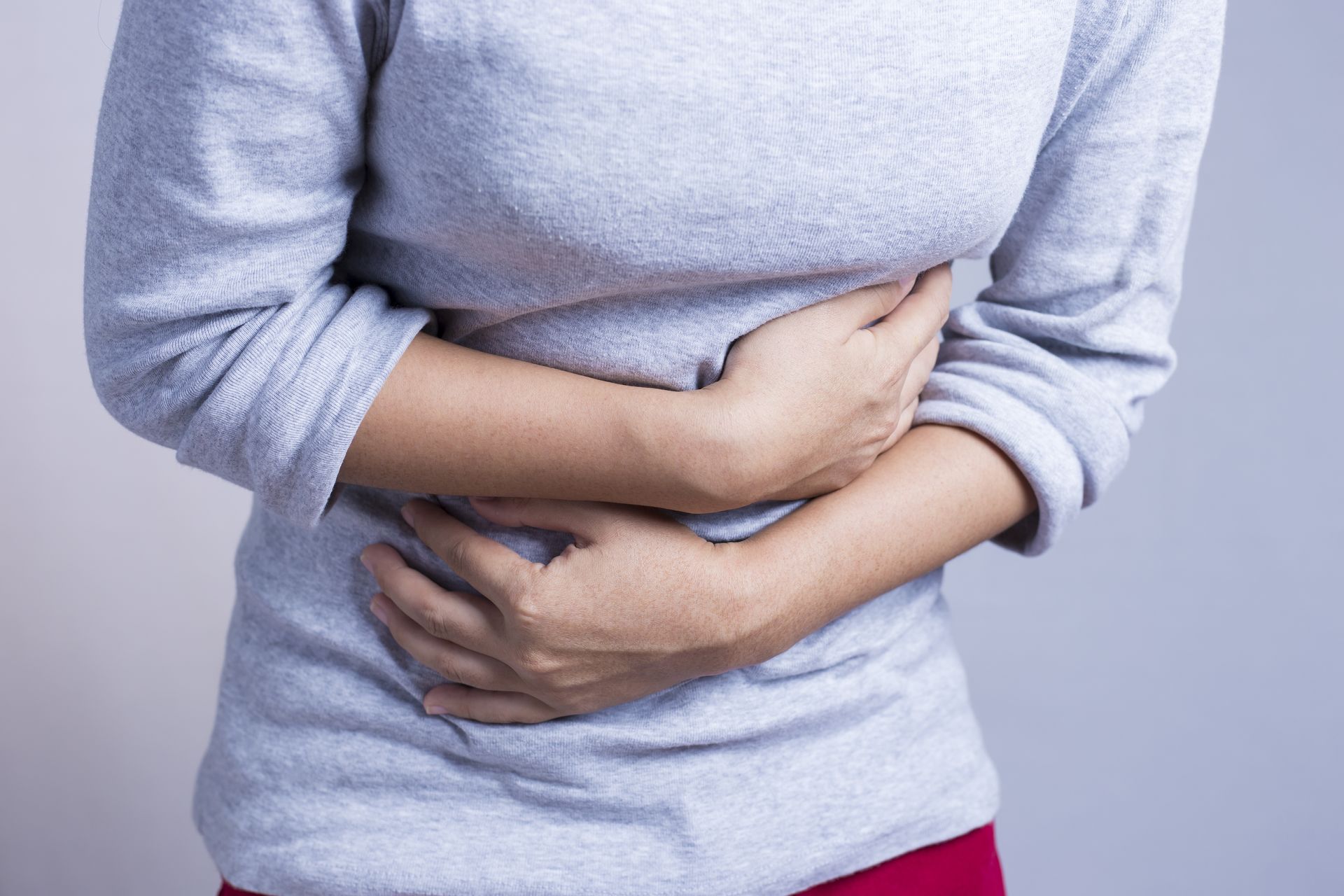Welcome to Your Source of Empowerment and Insight
Dive into the depths of wellness with "From the Desk of Dr. Art," where we unravel the complexities of health conditions, demystify medical treatments, and celebrate the journey toward optimal health. With a foundation rooted in scientific understanding and a heart dedicated to compassionate care, this blog is your guide through the vast landscape of healthcare and natural healing.

Stay Informed, Stay Inspired
Your health is a journey of discovery, and "From the Desk of Dr. Art" is here to illuminate the path. With each post, we aim to empower you with knowledge, inspire you with stories of healing, and guide you towards a life of wellness.
We welcome your thoughts, questions, and ideas for future topics. Together, let's explore the vast possibilities of health and healing.













